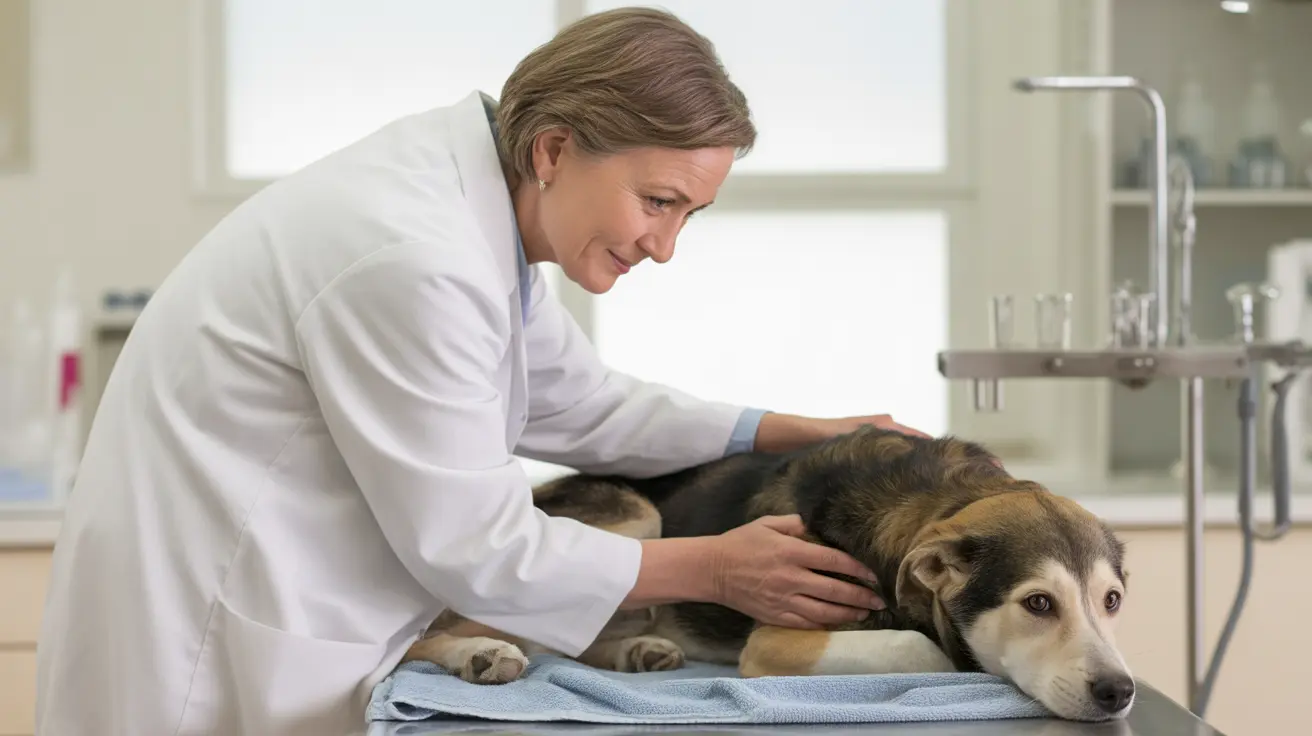Recent rabies cases in Cedar Park and Lockhart have prompted local health officials to issue warnings to pet owners and residents. The discovery of infected wildlife in these Texas communities highlights the ongoing importance of pet vaccination and wildlife awareness.
Local authorities have confirmed positive rabies tests in multiple animals across both cities, raising concerns about potential exposure risks for pets and humans alike. This development serves as a crucial reminder for pet owners to ensure their animals are properly protected against this deadly virus.
Understanding the Wildlife Rabies Risk in Texas
The presence of rabid animals in Cedar Park and Lockhart reflects a broader pattern of wildlife rabies cases in Texas. Bats and skunks, in particular, are common rabies vectors in the region, capable of transmitting the virus to both domestic pets and humans through bites or scratches.
Signs of Rabies in Pets
- Sudden behavioral changes
- Excessive drooling
- Difficulty swallowing
- Paralysis
- Unusual aggression or extreme lethargy
- Fear of water
Texas Pet Rabies Vaccination Requirements
Texas law mandates rabies vaccinations for all dogs and cats over four months of age. This requirement isn't just a legal formality—it's a crucial protective measure that can save your pet's life and prevent the spread of this fatal disease.
Rabies Virus Transmission Prevention
- Keep vaccinations current
- Avoid letting pets roam unsupervised
- Secure garbage bins that might attract wildlife
- Keep pets indoors during dawn and dusk
- Report any suspicious wildlife behavior to local animal control
What to Do If Your Pet Is Bitten by a Wild Animal
- Immediately isolate your pet from other animals and people
- Wear gloves if handling your pet
- Contact your veterinarian right away
- Report the incident to local animal control
- Follow professional guidance regarding quarantine and treatment
Frequently Asked Questions
How can I protect my pets from rabies if there have been recent cases in Cedar Park and Lockhart?
Ensure your pets are current on rabies vaccinations, supervise them outdoors, and avoid wildlife contact. Keep pets indoors during peak wildlife activity times and report suspicious animal behavior to local authorities.
What are the signs that my pet might have been exposed to rabies or is infected?
Watch for behavioral changes like unusual aggression or shyness, excessive salivation, difficulty swallowing, paralysis, or strange activity patterns. Contact your veterinarian immediately if you notice these symptoms.
What should I do if my pet is bitten or scratched by a wild animal like a bat or skunk?
Clean the wound thoroughly with soap and water, then seek immediate veterinary care. Report the incident to local animal control. Quick post-exposure treatment is essential for protecting your pet.
Protecting Your Community
The recent rabies cases in Cedar Park and Lockhart serve as an important reminder about the ongoing presence of this deadly virus in our communities. By maintaining proper pet vaccinations, staying informed about local wildlife risks, and knowing how to respond to potential exposures, we can all help protect our pets and families from rabies.
Remember that prevention is always the best strategy. Keep your pet's vaccinations current and maintain awareness of wildlife in your area. If you have any concerns about rabies exposure, don't hesitate to contact your veterinarian or local animal control authorities for guidance.






